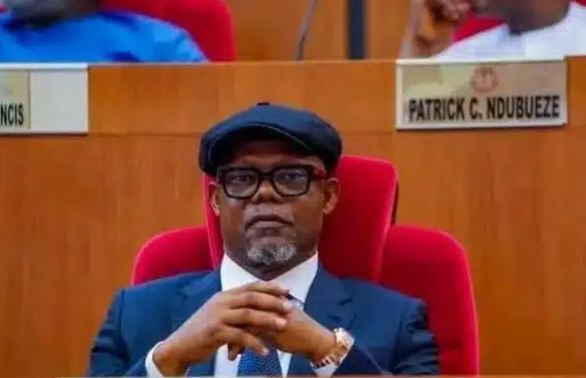
The naira on Wednesday depreciated in value against the dollar at the autonomous foreign exchange market as President Muhammadu Buhari said it should not be devalued further.
Consequently, the naira on Wednesday weakened against the dollar by N2 or 0.90 percent each at the Bureau de Change (BDC) segment of the forex market and parallel market.
After trading on same day, the local currency closed at N224/$ as against N222/$ traded the previous day at the BDC segment, and closed at N226/$ compared with N224/$ the previous day at the parallel market.
However, the naira closed stable at N199.05k against the dollar at the interbank foreign exchange market, data from FMDQ revealed. Naira on Tuesday weakened against the dollar by N1.39k or 0.70 percent at the interbank foreign exchange market.
Africa’s top oil producer has been hit hard by the fall of global crude prices, and its central bank has imposed increasingly strict foreign exchange rules to save its reserves and avoid what would be the third devaluation in a year, Reuters report.
The naira fell to as low as N242 per dollar on the parallel market in July, versus the official rate of N197. It has lost around 15 percent against the dollar over the past year with an official devaluation in November and a de facto one in February.
Buhari, who spoke in an interview with France 24, said he “does not think it is healthy for Nigeria to have the naira devalued further.
“That’s why we are getting the central bank to make modifications in terms of making foreign exchange available to essential services, industries, spare parts, essential raw materials and so on – but things like toothpicks and rice, Nigeria can produce enough of those.”
In June, the central bank restricted access to foreign exchange for the import of 41 items ranging from rice and toothpicks to steel products and glass.
The stringent restrictions have not gone down well with investors, who have called for a relaxation. Meanwhile, JP Morgan said it would remove Africa’s biggest economy from its influential emerging markets bond index by the end of October, citing a lack of liquidity and the central bank’s currency restrictions.
Nigeria’s foreign exchange reserves fell 3 percent to $30.69 billion by September 14, from $31.63 billion a month earlier, central bank data showed on Wednesday. The reserves were down 22 percent from a year earlier.
The central bank ate up much of its reserves to support the local currency, selling dollars to BDC operators twice weekly in a bid to narrow the gap between the official and unofficial exchange rate.





















